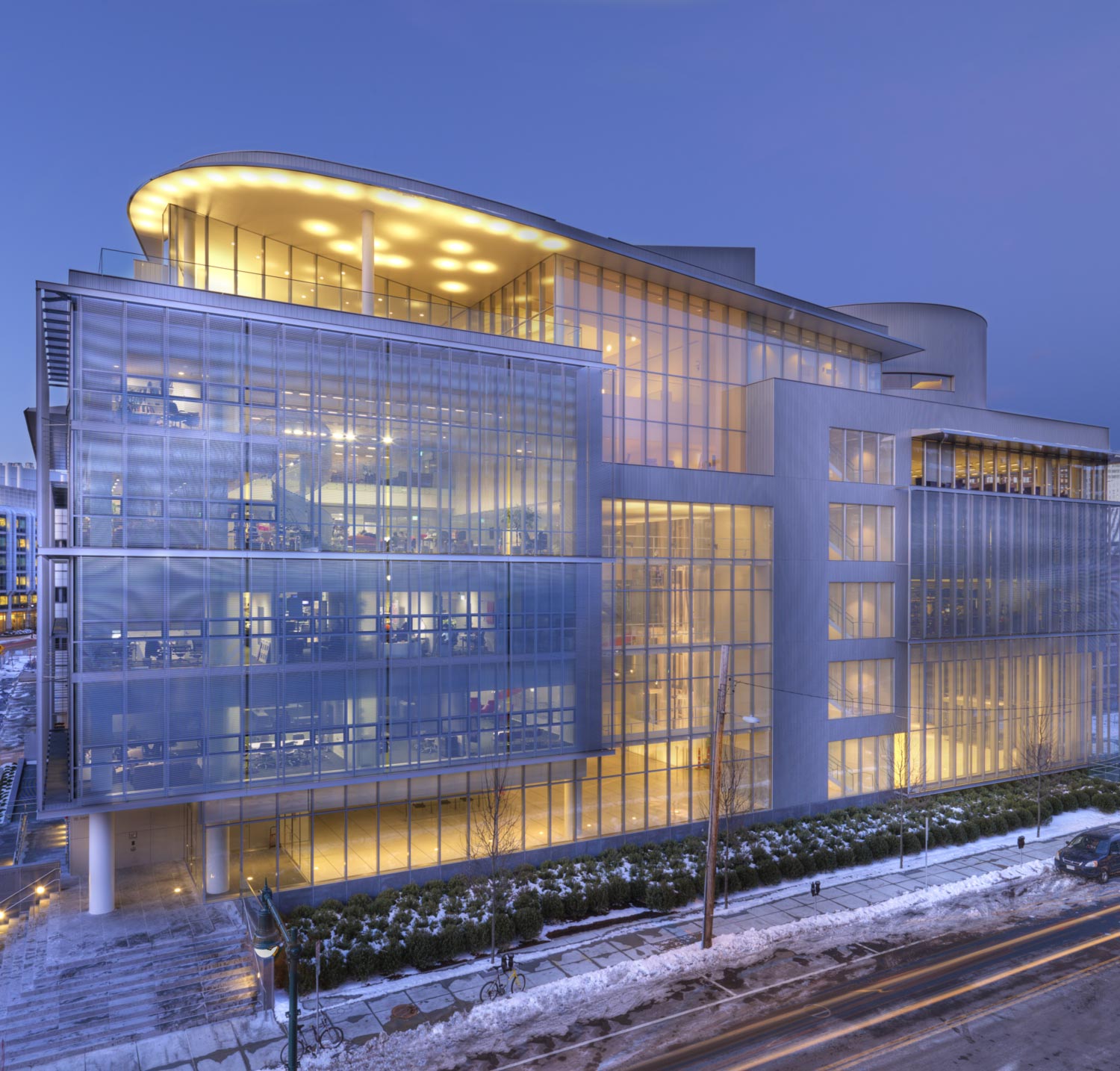Installation of the Reverend Kirstin Boswell-Ford as MIT Chaplain
As prepared for delivery
Good afternoon! It’s my great honor to be part of this joyful occasion!
I’ll begin by recognizing the family of Reverend Boswell-Ford, including her mother and father, Mr. William and Dr. Gracie Boswell; her husband, Reverend Paul Robeson Ford; and their three children. To all the members of your family: Please accept our warmest welcome from the family of MIT. And to everyone here: Your presence is a wonderful expression of the strength and vitality of our community. Thank you so much for joining us today.
As Dean Nelson described, in a little more than a year, Reverend Boswell-Ford has already made important contributions to the life of our community. And we are grateful! At this moment of her official installation, I will simply offer a few observations about the strengths of that community and how I hope that our new Chaplain can help us grow stronger and wiser still.
We live in a noisy time. A time that favors instant opinions – delivered in 280 characters. An angry, cynical time in which many people are careless with the truth. It feels awful. It’s exhausting. And sometimes it nearly breaks your heart.
But when I feel worn out by all the terrible noise and distraction, I take great inspiration in thinking about our community at MIT, because I would like to believe MIT is different.
MIT can be noisy, too. But it’s mostly the noise of bright, curious people testing old assumptions, coming up with new ideas and trying to understand each other. At MIT, we have lots of opinions, but they are usually thoughtful, sometimes even wise. And we are interested in hearing what other people think, as well.
Sometimes we get frustrated, even angry. But the sound of all that, for the most part, is a positive noise – because it’s the sound of all of us, together, working to serve MIT’s meaningful mission.
As for cynicism – to me, cynicism could be a sign of defeat. It could be a sign that you have lost faith in human goodness and possibility, and lost faith in our creative power. By that definition, MIT is the opposite of cynicism! I am grateful for this community’s practical optimism, every day.
And perhaps for this home audience I do not need to explain that, at MIT, we are very careful with the truth. And we are all about facts.
In short, in this difficult time, I am grateful for the way we live and work together at MIT. I am proud that we do not fear the world. As one can see any day in the Infinite Corridor, in a real sense, MIT reflects what is good about the world. Our openness to talent from every faith, culture and background is central to our success. We should never forget the value and strength of this idea.
I am proud that our MIT community does not shy away from reassessing itself, experimenting with new ideas and seeking to improve. I am grateful that we seek to find the answers through candor and collaboration. And I am deeply proud that we shoulder the responsibility to help make a better world.
Over the past few years, however, through the brave, persistent work of many people, including many of you, and certainly including Reverend Boswell-Ford, we have come to see that if we aim to make a better world, we must constantly strive to make a better MIT: We must aspire to treat one another always with sympathy, humility, decency, respect and kindness. We must strive to support each other in the struggles of life and work, and we must find the courage to reach out with compassion to those we do not yet understand. We must always, always take the time to listen. We must make sure that our community is a place of fairness and equity for all.
And, as an institution centered on science and technology, we must take care that the work we do in the world is elevated and enriched by the highest human wisdom.
Fifty-five years ago, the Reverend Dr. Martin Luther King, Jr. published a book of sermons. He called it, “From Strength to Love.” At that time -- before the moon landing, before the personal computer, before the internet and the smart phone, before gene-editing, before machines that learn -- Dr. King cautioned that, in his words, “Our scientific power has out-run our spiritual power.”
Today, in this time and place, Dr. King’s warning remains intensely relevant.
Yet, knowing the people of MIT, I am optimistic. I believe that, as a community, we do have the capacity to achieve the wisdom we need. I am equally sure, however, that we will not achieve that wisdom automatically. And in this great endeavor, I have no doubt that Reverend Boswell-Ford will be essential to our success.
Kirstin, on this solemn and joyful day: Congratulations! May you find the strength to lift us up to be our best selves, and may we all, together, succeed in making a better MIT and a better world.


